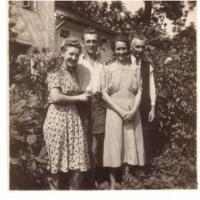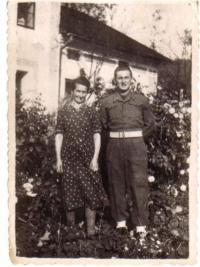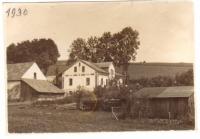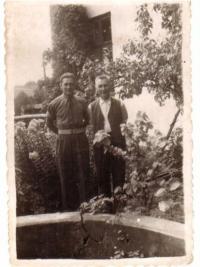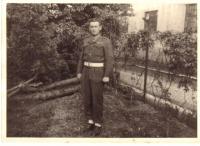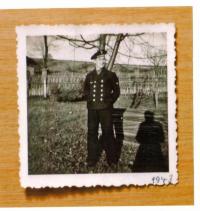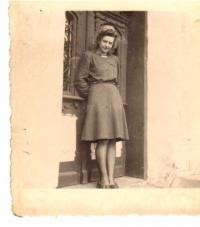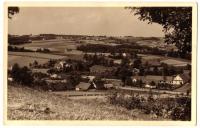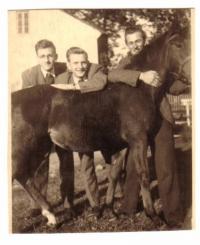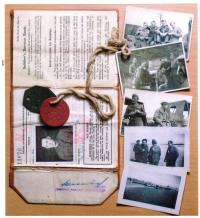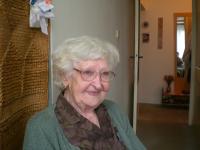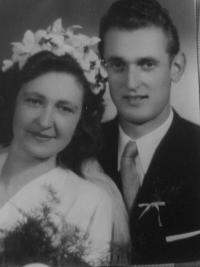You kulak, watch out, we can throw you out of here any time.

Download image
Libuše Fajkošová was born on the 6th of August 1925 into the family of a Russian legionnaire in Těšice near Nezamyslice in the Moravian region of Hané. After graduating from grammar school in Prostějov, she studied at a faculty of education and then began working as a primary school teacher in the Českolipsko area. In 1948 she married Josef Fajkoš, a former member of the Czechoslovak army in England, where he had fled after deserting from forced service in the Wehrmacht. She moved in with her husband at the Fajkoš family farm in Žermanice, near Horní Bludovice in the Frýdek-Místek district. In 1948, Mrs Fajkošová’s father-in-law was accused of anti-state activity as a kulak, he was jailed in Mírov and Šumperk. During his imprisonment the farm was tended to by Mrs Fajkošová and her husband. Josef Fajkoš was, as a member of the western army in England, declared an enemy of the state, and in 1951 the Fajkoš family was expelled from the farm. They found work in the state farm in Hukvaldy, where they lived seven years. The family farm was demolished during the construction of the Žermanice Reservoir. Josef Fajkoš’s parents were moved to the village of Lučina, where they were later joined by Libuše Fajkošová and her husband. Mrs Fajkošová worked as a teacher in Lučina, later in Lipina, and finally in Frýdek-Místek. Josef Fajkoš worked on a state farm, later as a driver. Towards the end of his life, Mr Fajkoš managed to attain the restitution of his family property and the rehabilitation of himself and his father.
